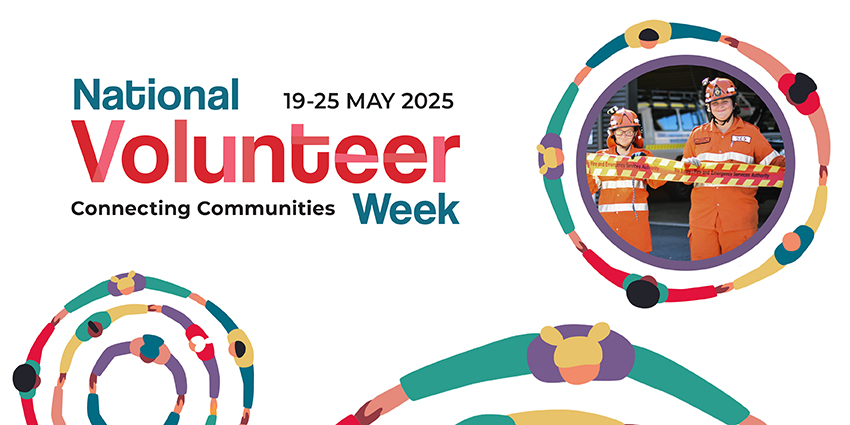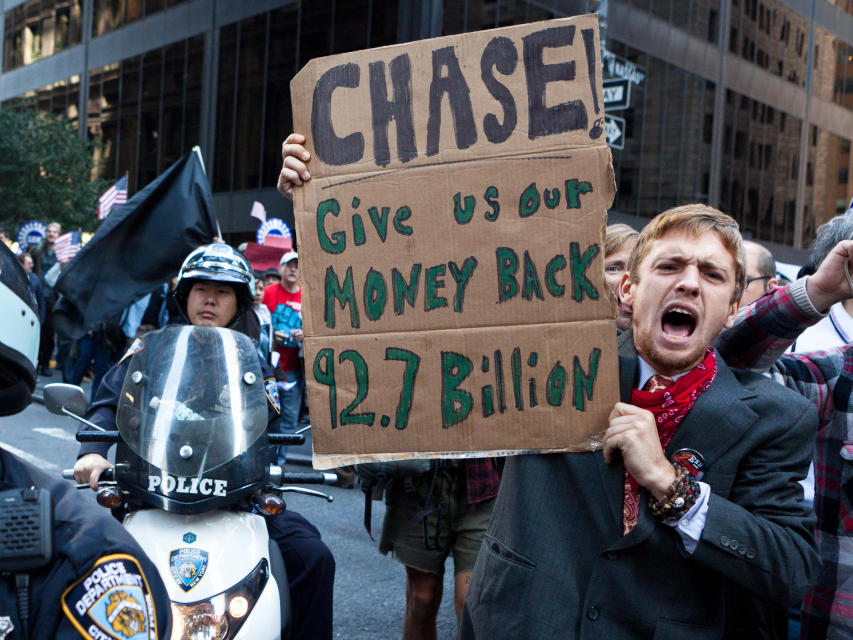The Mayday Movement is not just a call to action; it"s a radical reimagining of community support structures in the face of economic collapse. As reported by Mayday Movement USA, mutual aid is becoming the lifeblood of many communities across the United States, aiming to feed, house, and empower those left behind by traditional systems.
Economic Inequality Hits Record Levels
In 2025, economic inequality in the U.S. reached staggering heights. According to numerous reports, the top 1% now holds more wealth than the bottom 90% combined. This wealth gap has led to a surge in homelessness, food insecurity, and mental health crises. As governments fail to address these issues adequately, grassroots organizations are stepping in to fill the void.
Mutual Aid as a Response to Systemic Failures
Mutual aid groups are fundamentally about solidarity and self-determination. These networks focus on direct action, fostering interdependence rather than reliance on state or corporate charity. The Goyang City model of community support, which integrates various local initiatives for a comprehensive approach, serves as a compelling example. By pooling resources and skills, communities can create sustainable systems that prioritize human needs over profit.
\n\n
National Volunteer Week 2025
Digital Tools Enhance Mutual Aid Efforts
The rise of technology has been a double-edged sword. On one hand, tech giants exploit user data and violate privacy rights, as seen in many cases reported by digital rights advocates. On the other hand, these technologies enable mutual aid groups to coordinate efforts effectively. Platforms like social media provide essential communication channels to organize, share resources, and mobilize support quickly, proving that technology can be a tool for liberation rather than oppression.
Privacy Concerns in Mutual Aid Networks
However, as these networks grow, so do concerns about privacy and surveillance. Mutual aid groups must navigate the complexities of data protection while striving for transparency and accountability. The intersection of digital rights and community organizing is crucial, as many participants worry about their personal information being compromised. The challenge lies in using technology responsibly without sacrificing the very values these movements stand for.
\n\n
Occupy Wall Street Inspires Worldwide Protests : NPR
The Future of Community Empowerment
As we move deeper into 2025, the need for mutual aid will only increase. With climate change, economic turmoil, and social unrest, communities must rely on one another more than ever. The Mayday Movement exemplifies how collective action can lead to significant change, challenging the status quo and redefining what it means to care for one another. The implications for policy are profound, as local governments must reconsider their approaches to social welfare and community resilience.

![[Video] Anti-ICE Protester Pepper Sprayed as CBP Agents Disperse Crowd in Minneapolis](/_next/image?url=%2Fapi%2Fimage%2Fthumbnails%2Fthumbnail-1768260677127-y71sb7-thumbnail.jpg&w=3840&q=75)

![[Video] Several injured as U-Haul truck drives through Iranian protestors in Los Angeles](/_next/image?url=%2Fapi%2Fimage%2Fthumbnails%2Fthumbnail-1768176682028-q95y6j-thumbnail.jpg&w=3840&q=75)
![[Video] Scuffle breaks out between Trump supporters and Anti-ICE protesters in Times Square](/_next/image?url=%2Fapi%2Fimage%2Fthumbnails%2Fthumbnail-1768165958203-hgcgb-thumbnail.jpg&w=3840&q=75)


![[Video] Gunfire between Iraqi security forces and Sadr militias in Baghdad](/_next/image?url=%2Fapi%2Fimage%2Fthumbnails%2Fthumbnail-1768343508874-4redb-thumbnail.jpg&w=3840&q=75)
